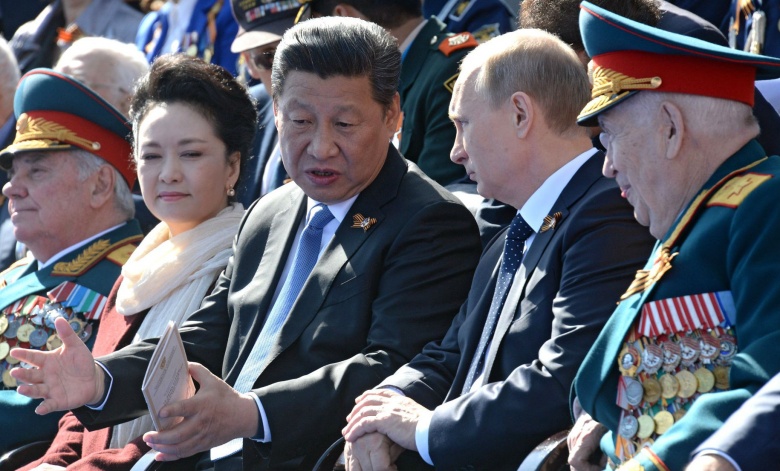Do the actions of the G7 nations meeting at their May 26-27 summit in Japan suggest that Russian aggression against Ukraine and Chinese aggression in the South China Sea will not succeed in the long run because of pushback from the G7 industrialized democracies? Joshua W. Walker of the German Marshall Fund discusses this in The National Interest.

He concludes:
“The significance of this year’s G7 in Japan in advance of the G20 in China in September will be judged by which summit ultimately sets the tone for either the enduring nature of the liberal international order or sweeping tide of revisionist authoritarianism. Obama’s historic Hiroshima and Vietnam visits were symbolic of the legacy he hopes to leave. Yet, symbolism risks complacency without action. The G7’s latest initiative for global infrastructure development confirmed the member countries’ internationalist commitment but whether they can remain unified in the face of Chinese and Russian revisionist alternatives such as OBOR {One Belt, One Road} or the {Russiian-led} Eurasian Economic Union will have to be seen. As Japan passes the G7 baton to Italy next year, the world anxiously expects the world’s seven most advanced democracies and economies to lead toward the triumph of internationalism over revisionism.’’
To read the article, hit this link.